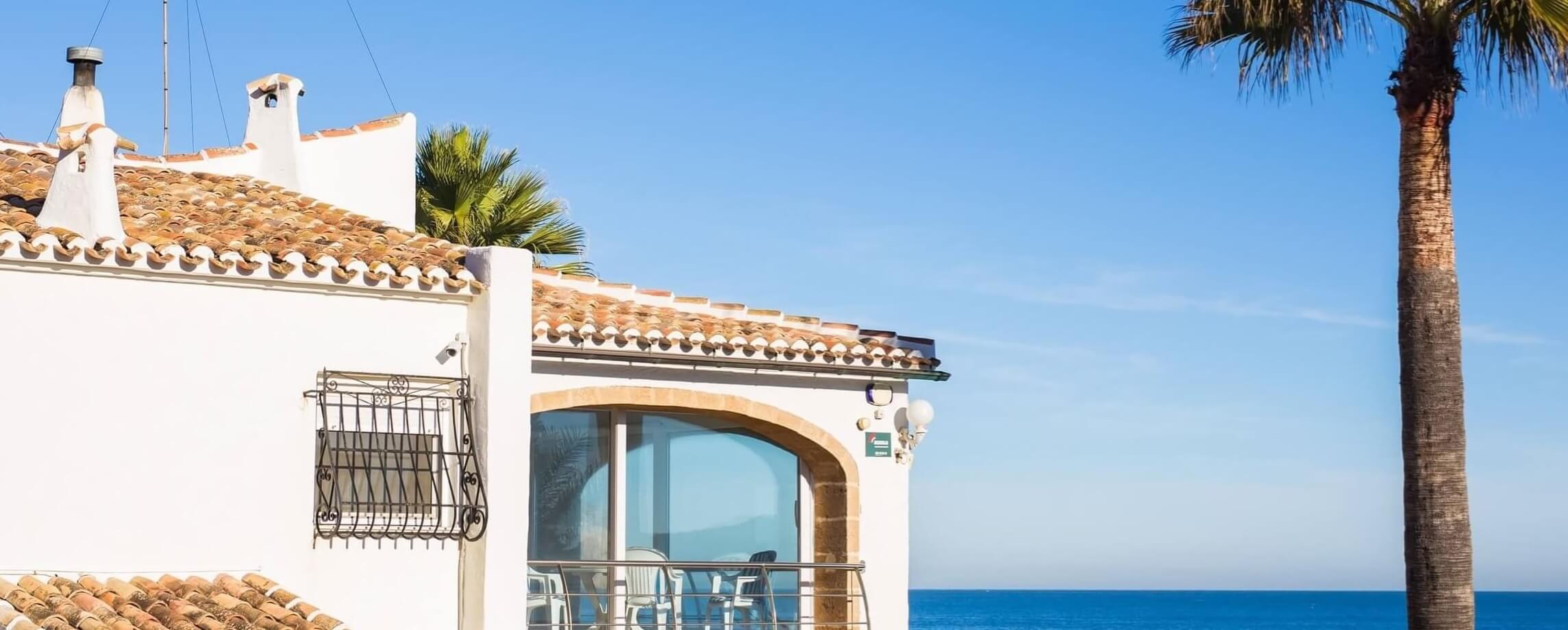How Much Does It Cost To Sell A Property In Spain?
If you are considering selling your Spanish property, we offer the following information to help ou avoid unexpected tax bills and other associated costs.
Whether you are a resident or a non-resident selling a home in Spain, there are several taxes which you should take into consideration when calculating the financial result of the sale.
Taxes
Both residents and non-residents are liable to pay Capital Gains Tax. The amount payable depends on the increase in value of the property (the profit) during your time as owner. The rate charged is 19% for EU residents, and 24% for non-EU residents. Any costs you accrued when buying and selling, including fees and taxes, could be deducted from the total profit. This also includes improvements you have performed, provided you have kept receipts for the work.
Residents aged 65 years and older, who have lived in the property as their main residence for at least three years are exempt from capital gains tax. This does not apply to non-residents.
If you are a non-resident, upon the sale, the new owner is required to retain 3% of the selling price which is paid to the tax office for any possible outstanding tax debts you may have. In the event you sell without gaining profit, and your taxes in Spain are paid up, you are legible to reclaim all or some of this withheld tax.
A more complicated tax is the plusvalía, a tax also charged to both residents and non-residents. The plusvalía is a local tax charged by the Town Hall. It is dependent on the “official” increase in the price of the land on which the property is constructed, during your time of ownership. The official cost of land perpetually officially increases in Spain, even when the market value falls. This tax is debatable, and some Spanish court rulings have declared the way plusvalía is calculated is unfair, especially if property sells at a loss. It is predicted that the Government will eventually change this tax, but as of Spring 2020, this has yet to occur, and the plusvalía as it stands must be paid.
In rare cases, it may be possible to claim a refund in retrospect successfully. But this is tenuous, and you should seek a lawyer’s advice on the matter.
Additional Costs
The cost of selling your property includes real estate agency and lawyer’s fees. If you hire us to sell your property, you only pay when the sale completes – no sale, no fee. Agency fees are generally paid at the notary office at the time of completing the transaction. To find out more about our very competitive fee structure, please contact us.
As a seller of a property, as with a buyer, we recommend you use a lawyer. This will circumvent possible pitfalls and language barriers. We advise you to involve the lawyer early on to check the paperwork is in order. A lawyer usually charges a rate of 1% + IVA, although, with more expensive properties, it is possible to obtain a lower price.
If you have ever mortgaged the property, you could have to pay mortgage cancellation fees. Even if the mortgage was fully paid up some years ago, you would need to make sure the land registry reflects this. This means a member of the bank’s staff signing at the notary, which will cost from 500 to 1,000 euros. It is well worth letting your lawyer know the status of your mortgage arrangement at an early stage. Plus, check with the bank to find out if there are any mortgage redemption charges you will have to pay.
When preparing for the sale of your property, we advise you to go through this checklist:
- Gather all the documents for the property, a copy of the Escritura or a copy of the Nota Simple, and receipts for the most recent IBI and basura bills. Check your community fee payments are up to date.
- If you still have a mortgage, ask the bank how much is outstanding and if there are charges to redeem the mortgage.
- Instruct a lawyer at an early stage. Ask them to inspect the paperwork. It is much less hassle to make amendments on the outset than when you have a buyer waiting to sign.






